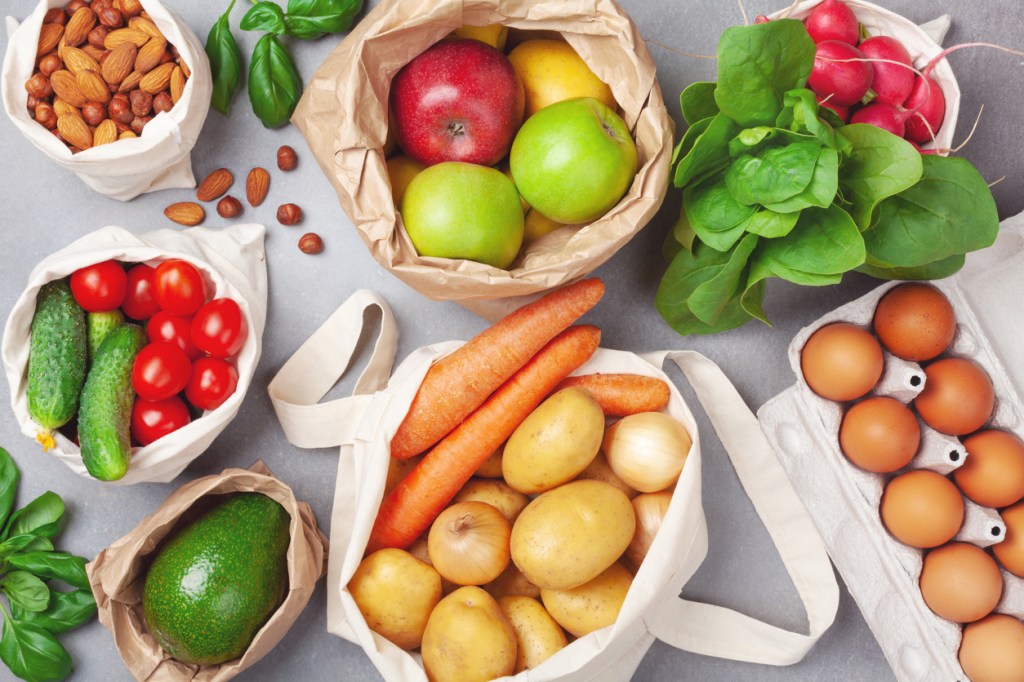Auckland is now in level 2, but with the recent shift to Alert Level 3 earlier this week, many food service businesses throughout the region faced massive disruptions to their operations – potentially leaving them with a significant surplus of food, that may go to waste.
At the same time, demand for food skyrockets during any lockdown period, with some communities experiencing serious shortages says New Zealand Food Network (NZFN) founder, Deborah Manning.
NZFN is encouraging affected food service organisations to get in touch and donate any bulk surplus food supplies, so they can be redistributed to food hubs (food rescue organisations, iwi and charities) and vulnerable communities across the country.
Manning says previous experience indicates the food service and hospitality industries are hardest hit by the change in alert levels.
“It’s never easy having to turn customers away, or experience that loss in revenue – but what can make that even worse is seeing the food supplies spoil and go to waste.
“Rather than letting good food end up in landfill, if you’re a food business and you’re able to do so, please get in touch so we can help to save this food and instead divert it back to communities in need.
“In many ways, we’re still dealing with the fallout from our first nationwide COVID-19 lockdown, with many families continuing to experience financial hardship, and therefore food insecurity. Supermarkets are a major source of donated surplus food for communities in need, so stockpiling as a result of lockdown announcements can also cause serious shortages. If this lockdown extends beyond its initial period, we expect another huge surge in demand for food – Kiwi communities need help.
Manning says while some food service providers or producers may already have a preferred local food charity partner they regularly donate to, it may be the case that these organisations are unable to handle large-scale donations.
“Unfortunately many community groups lack the infrastructure to accept bulk donations. If you do have a preferred food charity partner, please continue to support these groups at this time – they will need it. If, for any reason, those organisations are unable to accept all of your surplus, please consider channelling it through the NZFN to help even more Kiwis in need.
“Whether you’re a grower, food manufacturer, or a restaurant, any bulk surplus or donated food will go a long way towards easing this growing pressure and supporting those who need it most. We’re a team of five million and during these challenging times, we all have a collective responsibility to look after each other and ensure everyone has access to good, nutritious food,” said Manning.
Established last year, the NZFN acts as a centralised distribution hub and single point of contact for bulk surplus or donated food, providing a comprehensive and streamlined solution to connect supply and demand. It eliminates the issue faced by many community organisations of a lack of on-site storage infrastructure, which can often see them having to turn away large food donations.
Anyone wishing to donate to the NZFN should email hello@nzfoodnetwork.org.nz or call 0800 FOODNZ (0800 366 369).








